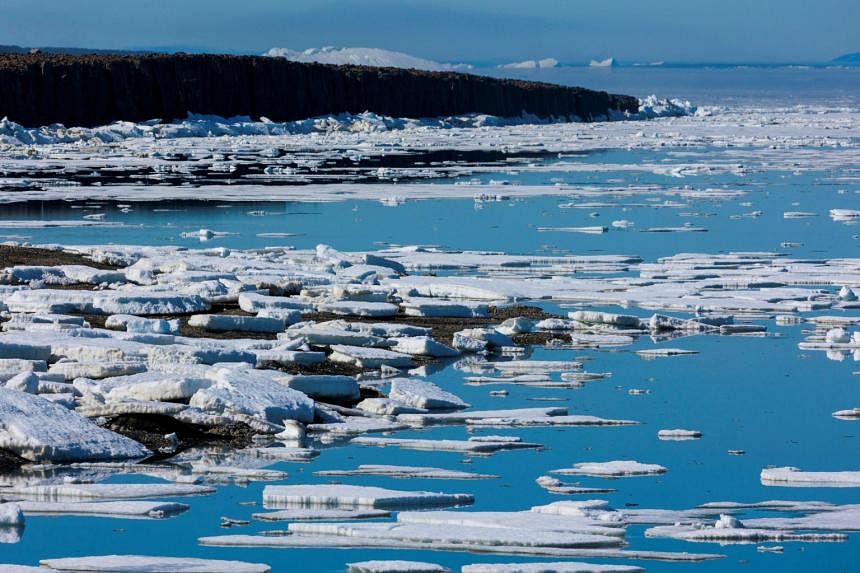SINGAPORE - Delegates from around the globe are meeting from Monday (Aug 15) for a final round of United Nations-led talks to try to seal a binding treaty that aims to protect and conserve marine biodiversity on the high seas.
Only about 1 per cent of the high seas is regulated and sealing the treaty for the conservation and sustainable use of marine biodiversity beyond national jurisdiction, or BBNJ, is regarded as urgent because of the growing impacts from climate change, overfishing and pollution.
Mrs Rena Lee, Singapore's Ambassador for Oceans and Law of the Sea Issues, is presiding over the Aug 15-26 conference at the UN headquarters in New York.
The high seas cover half the planet and conservation groups say this vast area needs to be much better protected and regulated, especially with growing interest in potentially damaging activities, such as seabed mining.
Global conservation group WWF said in a statement: "The high seas play a vital role in supporting fisheries, providing habitat for hundreds of thousands of species and mitigating climate change impacts, but are currently severely under-regulated, resulting in widespread exploitation."
Mr Marco Lambertini, director-general of WWF International, added in the statement: "The high seas epitomise the tragedy of the commons. Because they don't 'belong' to anyone, they have been treated recklessly with impunity."
Globally, nature is facing increasing damage and destruction from over-exploitation of resources, pollution and worsening climate impacts such as heatwaves and droughts.
Oceans act as a brake on climate change but are also being affected by global warming. Oceans have absorbed about 90 per cent of the warming in recent decades caused by the rapid increase in greenhouse gases. They also soak up about a quarter of the carbon dioxide from burning fossil fuels.
But warming waters, rising acidity and falling oxygen levels threaten the future of the oceans. Fisheries and other natural wonders, such as coral reefs, support hundreds of millions of people, but are increasingly under threat by climate impacts and overfishing.
Agreement on the treaty could go some way to achieving a separate, but related, deal in December to protect at least 30 per cent of the world's land, freshwater and marine ecosystems by 2030 under the UN's Convention on Biological Diversity.
The high seas cover areas of the world's oceans that are more than 320km from any shore and beyond the jurisdiction of any country.
Ms Liz Karan, who leads The Pew Charitable Trusts' work to protect ocean life on the high seas, said: "The high seas are governed by a patchwork of international bodies that is failing to protect this vast and ecologically vital wilderness."
In a briefing note, Ms Karan said delegates at the conference in New York will be tasked with considering a range of issues, including:
- Area-based management tools and marine-protected areas (MPAs): The aim is to create a network of highly protected and well-managed MPAs to ensure the ocean continues to provide the benefits and resources on which many people depend.
- Environmental impact assessments: There is consensus that all nations and companies involved must conduct environmental impact assessments before starting activities on the high seas, such as seabed mining, oil and gas exploration, or deep-sea bottom trawling.
- Marine genetic resources: Agreement to share the benefits from ocean plants, animals and other organisms that may be commercially or scientifically valuable.
According to Pew, there is currently no legal mechanism to establish marine-protected areas on the high seas, and neither is there a global framework to conduct environmental impact assessments in waters beyond national jurisdictions.
A treaty, and the governance body it would create, could help to address some of these gaps, Ms Karan said.


